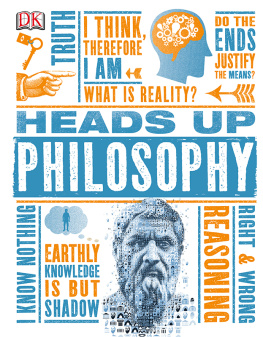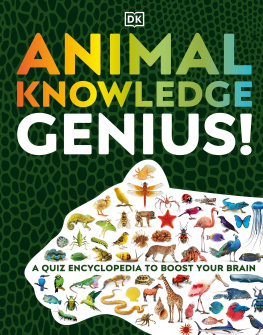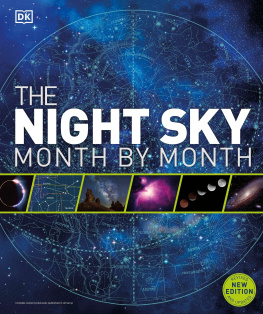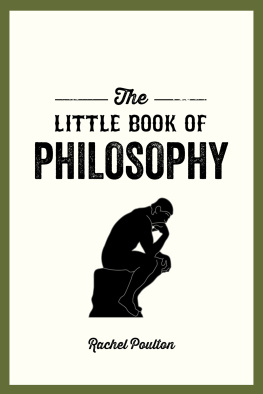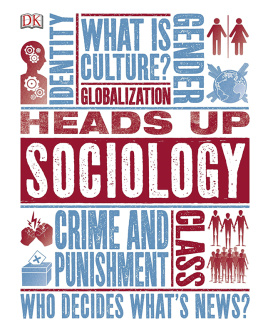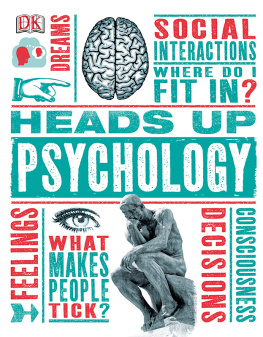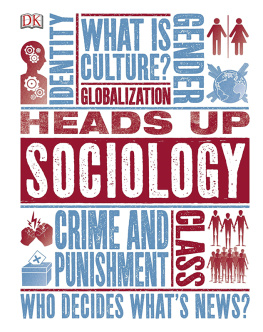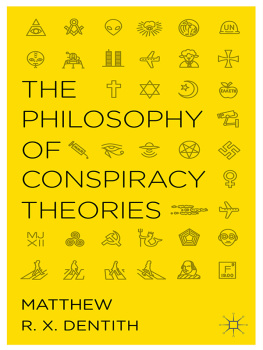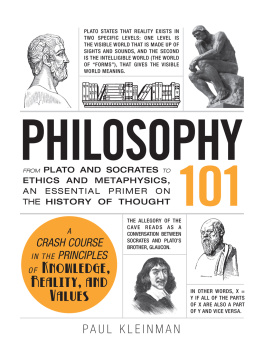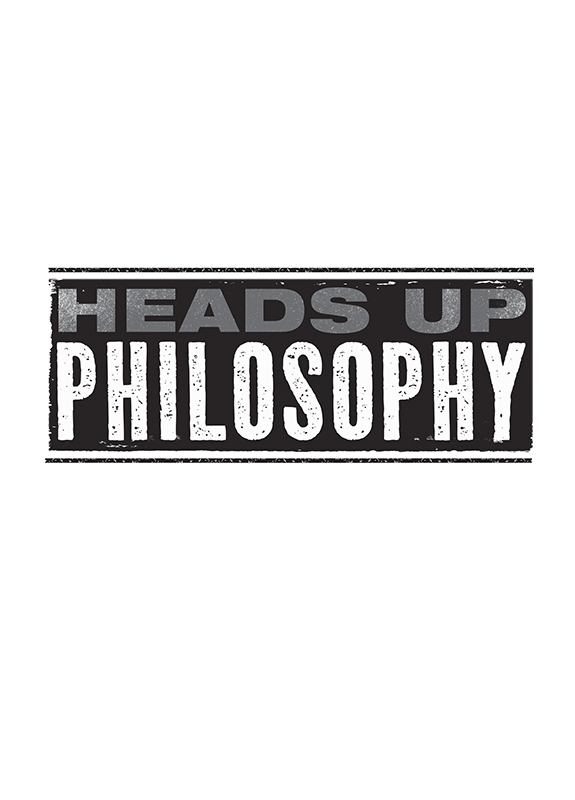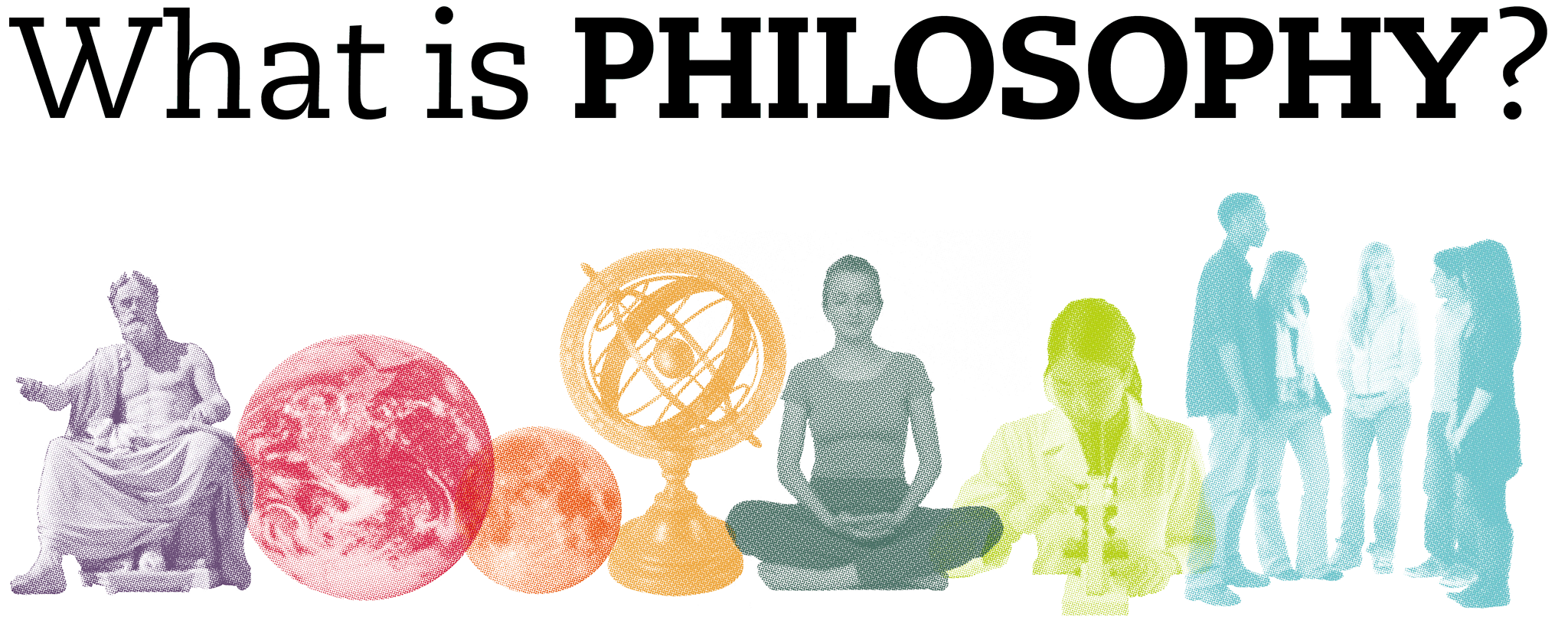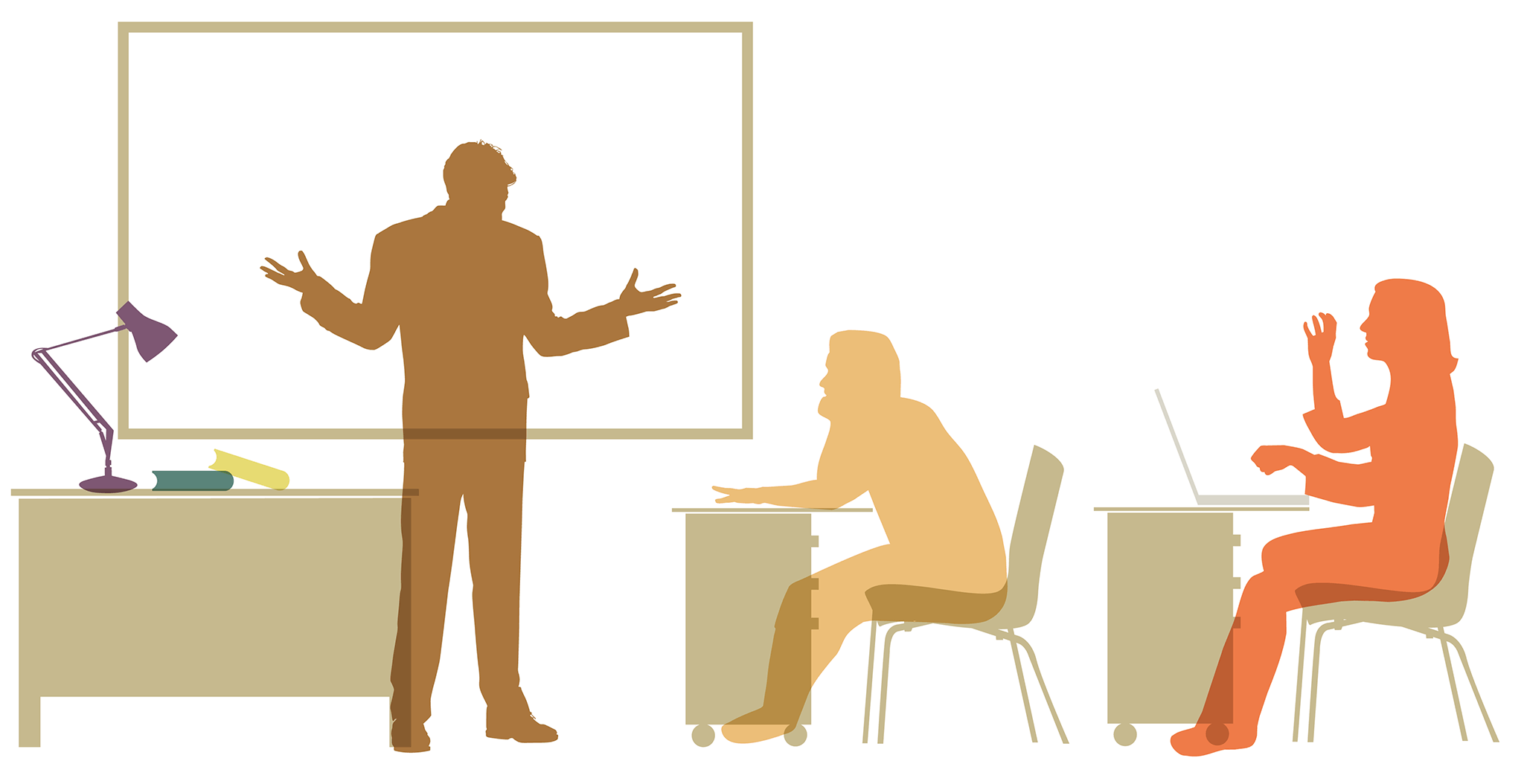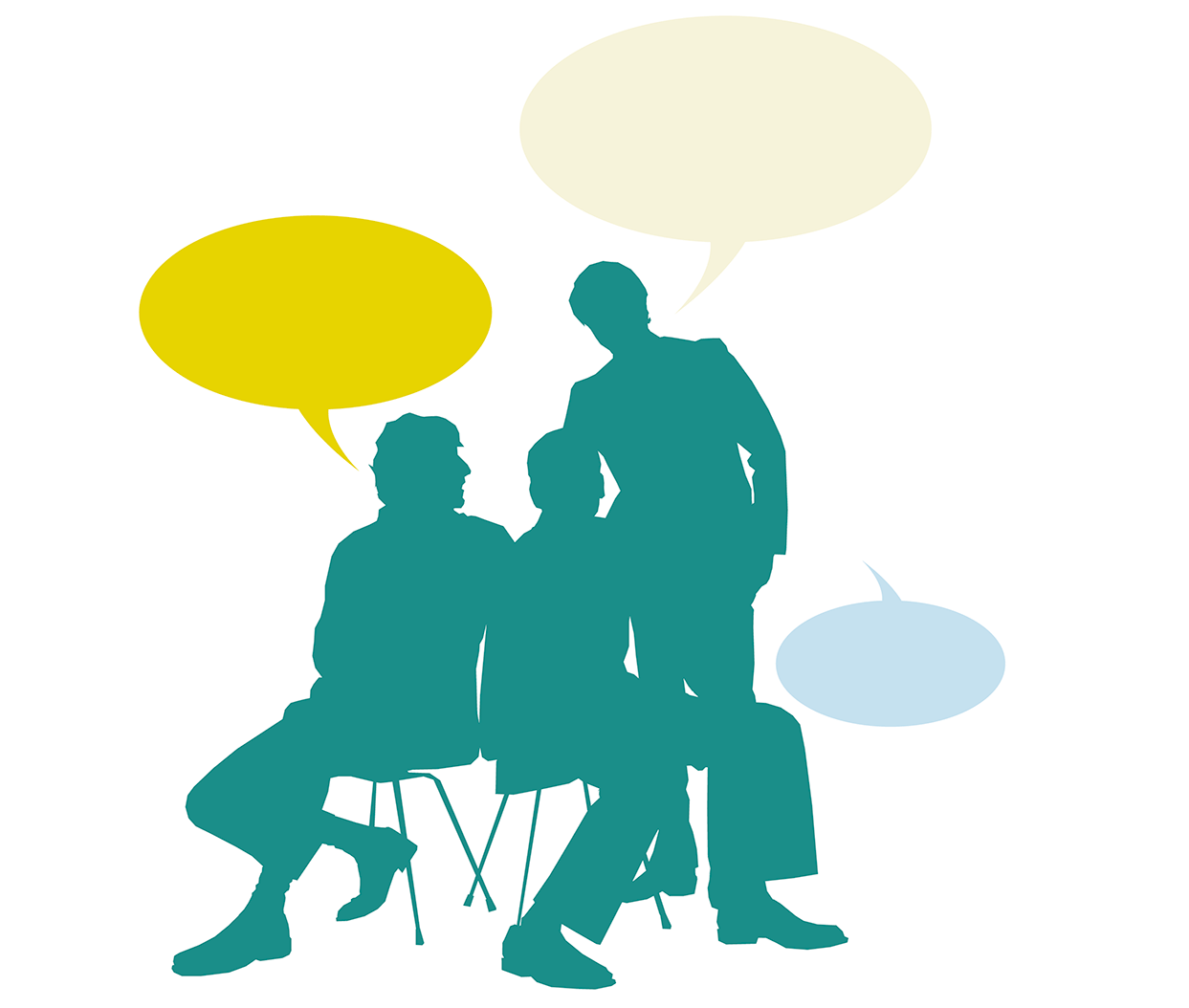
LONDON, NEW YORK, MELBOURNE, MUNICH, ANDDELHI
Senior Project Editor Victoria Pyke
Project Editor Carron Brown
Editorial Assistant Ciara Nanachin
US Editors John Searcy, Allison Singer
Senior Designer Jim Green
Designers Daniela Boraschi, Mik Gates
Illustration Daniela Boraschi, Mik Gates, Jim Green, Charis Tsevis
Managing Editor Linda Esposito
Managing Art Editor Michael Duffy
Publisher Andrew Macintyre
Publishing Director Jonathan Metcalf
Associate Publishing Director Liz Wheeler
Art Director Phil Ormerod
Pre-Production Producer Nikoleta Parasaki
Senior Producer Gemma Sharpe
Jacket Editor Maud Whatley
Jacket Designer Mark Cavanagh
DK Digital Publishing Team
Senior Digital Producer Miguel Cunha
Senior Editor Scarlett O'Hara
Head of Digital Operations, Delhi Manjari Hooda
Senior Editorial Manager Lakshmi Rao
Assistant Producer Suruchi Kakkar
Software Engineer Rachana Ravindran
AV Media Manager Nain Rawat
Operations Assistant Tauhid Nasir
Philosophers biographies written by Clive Gifford
written by Stephen Law
First American Edition, 2014
Published in the United States by
DK Publishing
345 Hudson Street
New York, New York 10014
Copyright 2014 Dorling Kindersley Limited
All rights reserved
No part of this publication may be reproduced, stored in a retrieval system, ortransmitted in any form or by any means, electronic, mechanical, photocopying,recording, or otherwise, without the prior written permission of the copyrightowner. Published in Great Britain by Dorling Kindersley Limited.
ISBN: 9781465424488
This digital edition published 2016 - ISBN:9781465455468
Discover more at
www.dk.com
Why is there anything at all? What makes things right and wrong? Does Godexist? in trying to understand the fundamental nature of knowledge, reality, andexistence, Philosophy tackles some of the greatest mysteries of all. Many such questionshave puzzled philosophers for centuries. Philosophy developed to question what peopleoften take for granted.
Many philosophical questions appear to be beyond the scope of science. Take moralquestions, for instance. Its true that scientists can make morally significantdiscoveries. They can build nuclear weapons, or make it possible for us to design a babyby choosing his or her eye and hair color, and so on. But science cannot tell us whetherwe ought or ought not to use such new technologies. Science, it seems, is ultimatelyrestricted to telling us how things are, whereas moral philosophy is concerned with howthings ought to be. Doing philosophy involves trying to figureout as best we can what is true by using our powers of reason, or logical thought. It isan activity: a great way to learn how to think wellabout anything. And theskills you pick up doing philosophy are skills you will find useful in all kinds ofareas, from giving a presentation to negotiating an important business deal.Philosophers also question our beliefs. We might not realize it, but we all hold a greatmany philosophical beliefs. These, of course, include moral beliefs: Many believe theuniverse was created by God, and that there is some form of life after death. Othersbelieve the opposite. Often, we acquire our beliefs from our cultures, communities, andtraditions. But these beliefs can change. Not so long ago, most Westerners thought itwas morally acceptable to own slaves, and to prevent women from voting. Now, we knowbetter. It is the role of the philosopher to try to establish whether or not suchbeliefs are true. In doing so, philosophers may be considered an annoyance. But it isimportant that we ask these questions. After all, the answers really do matter.
Very few people earn their living as full-time philosophers, eitherwriting philosophical books or teaching and researching in universities. Studyingphilosophy, however, helps us develop skills that are useful in many different jobs, andphilosophers follow a wide variety of career paths. Also, a lot of people simply enjoyphilosophy for its own sake, as a hobby.
HOW CAN I LEARN ABOUT PHILOSOPHY?
Academic courses
Many schools, colleges, and universities offer courses in philosophy, leadingto formal degrees. Philosophy is sometimes taught as a part of courses in othersubjects, such as politics, economics, theology, and psychology.
Discussion groups
There is a growing interest in philosophy as a hobby, and philosophy groupshave become popular, allowing like-minded people to meet and discuss philosophyin an informal setting. Evening classes are also available in many areas.
Magazines and blogs
There are some philosophy magazines aimed at the general readertheseare usually available by subscription rather than at bookstores. They may alsobe available online, along with a number of blogs about philosophy.
Books
No matter how you choose to learn about philosophy, youll want tobrowse your library or bookstore for books by philosophers. There are alsoseveral encyclopedias and dictionaries of philosophy, and many of the best areavailable online.
WHAT SKILLS CAN PHILOSOPHY GIVE ME?
Clear thinking
Philosophy is all about reasoningrational thought. Learning aboutphilosophy, and discussing philosophical problems with others, is good exercisefor the mind, and teaches us the skills of clear and logical thinking.
Presentation skills
Philosophical debate is a good way to develop the skills of presenting anargument. In addition to providing good reasons for an opinion, a convincingargument has to be presented logically, using unambiguous language.
Negotiating and mediating
One of the core skills of philosophy is being able to recognize the strengthsand weaknesses of an argument. Often, this involves seeing things from bothsides, and finding the middle ground between two opposing views.

